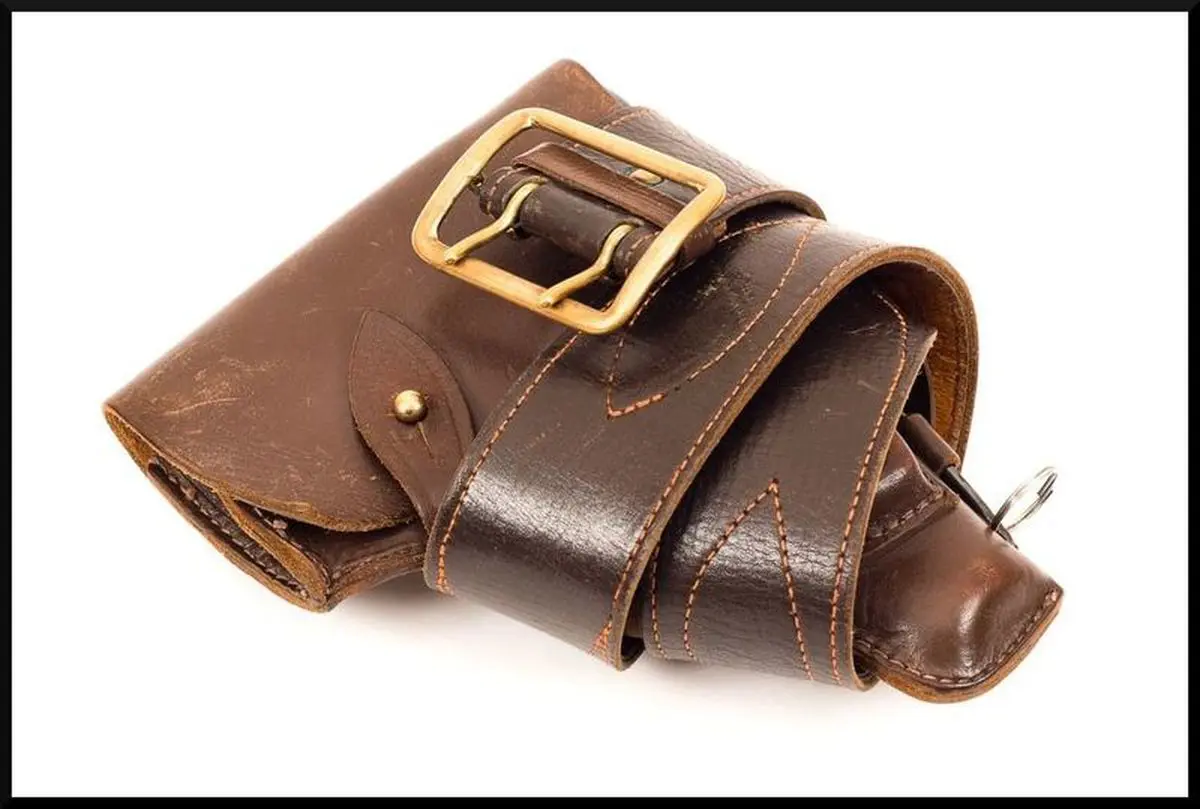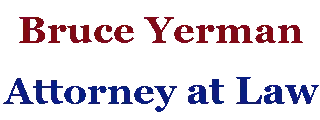By , Leave a Comment

Table of Contents
New York City Handgun License Required in NYC
You need a New York City handgun license to lawfully possess a handgun in NYC, unless you’re otherwise exempt from New York’s gun possession laws.
New York City doesn’t honor handgun licenses issued by other New York municipalities. For example, a Nassau County pistol license doesn’t authorize you to lawfully possess a handgun in Manhattan, Brooklyn, Queens, the Bronx, or Staten Island. Only a New York City handgun license does.
Disclaimer:
Don’t decide to possess a firearm based on anything you read in this article. Consult a New York City gun lawyer to determine whether you may legally possess a firearm in the City or anywhere else in New York.
Definition of “Handgun”
In New York City, “handgun” means a “pistol” or a “revolver”. (Section 5-01 of Title 38 of the Rules of the City of New York) State and City law don’t further define these terms.
Under federal law, “handgun” means:
(A) a firearm which has a short stock and is designed to be held and fired by the use of a single hand; and
(B) any combination of parts from which a firearm described in subparagraph (A) can be assembled.
A “handgun” isn’t a “rifle”, “shotgun”, or “assault weapon”.
Rifles and Shotgun Permits
You must have a “certificate of registration” and a “permit” to lawfully possess a rifle or a shotgun within the City’s five boroughs.
If you’re a US Citizen without a criminal record who hasn’t been “certified not suitable”, you may lawfully possess a rifle or a shotgun without a license or permit in areas of New York outside the City.
Assault Weapons
No license exists that may authorize you to possess an assault weapon anywhere in New York.
If you possess an assault weapon in New York, you’re committing a very serious crime.
Gun Crimes and Punishment
Possessing one unlicensed, loaded firearm anywhere in New York is a felony. Possession outside your home or place of business carries a mandatory minimum sentence of 3½ years in prison, and a maximum of 15 years.
Possessing an unloaded, unlicensed firearm in your home or place of business is a felony that carries up to 4 years in prison. If your home or place of business is in the City, you will need a New York City handgun license to lawfully possess a handgun license there.
Possessing a shotgun or rifle in the City without a certificate or permit is a misdemeanor, carrying up to 1 year in jail. (Section 10-310 of Title 10 of the New York City Administrative Code.)
Out-of-State Gun Owners
New York doesn’t honor gun rights granted by any other state.
A gun license or permit issued by a state other than New York isn’t valid anywhere in New York. For example, although many states (Ohio, West Virginia, etc.) will honor a Pennsylvania “concealed carry” permit, New York won’t.
Out-of-City NY Gun Owners
You must receive a “special permit” from the City to lawfully possess a pistol or revolver in the City by virtue of a New York gun license issued outside of the City:
A license to carry or possess a pistol or revolver, not otherwise limited as to place or time of possession, shall be effective throughout the state, except that the same shall not be valid within the city of New York unless a special permit granting validity is issued by the police commissioner of that city.
(Penal Law Section 400.00(6).)
NYC Handgun License Application
Schedule a FREE CONSULTATION with Bruce Yerman, Attorney at Law
Outside NY with a NY-Licensed Handgun
Just as New York doesn’t honor gun rights granted by any other state, many states don’t honor gun rights granted by New York.
Never travel outside New York with a firearm, unless you’re 100% certain that you may lawfully possess the firearm in your destination state, and in every state you’ll travel through on the way.
Types of Handgun License
There are 9 types of New York City handgun license:
- “Premise Residence License” – restricts possession to a specific residence location. The handgun must be safeguarded at the specific address indicated on your license.
- “Premise Business License” – restricts possession to a specific business location. The handgun must be safeguarded at the specific address indicated on your license.
- “Carry Business License” – an unrestricted license that permits you to carry a handgun concealed on your person. Often referred to as a “concealed carry license”.
- “Limited Carry Business License” – a restricted license that permits you to carry the handgun listed on the license concealed on your person, to and from specific locations during the specific days and times set forth on your license. At all other times the handgun must be safeguarded at the specific address indicated on your license, secured unloaded in a locked container.
- “Carry Guard/Security License– a restricted carry license, valid when you’re actually engaged in work as a security guard.
- Gun Custodian License” – a restricted carry license, valid when you’re actually engaged in work as a gun custodian.
- Retired Law Enforcement Officer License” – a license that permits you to carry a handgun concealed on your person, based on your status as a retired law enforcement officer.
- “Special Carry Business License” – a restricted license issued to you as the holder of a valid firearms license issued by a New York county outside of the City, permitting you to carry a concealed handgun on your person while you’re in the City.
- “Special Carry Guard License” – a restricted license issued to you as the holder of a a valid firearms license issued by a New York county outside of the City, permitting you to carry a concealed handgun on your person only when you’re performing duties as a security guard or gun custodian.
(Section 5-01 of Title 38 of the Rules of the City of New York.)
Gun Law Exemptions
New York has a complex scheme of “exemptions” from the provisions of the Penal Law that outlaw gun possession.
DON’T conclude from reading this article that you’re exempt from New York gun possession laws without consulting a gun lawyer.
As already discussed, New York exempts “possession of a pistol or revolver by a person to whom a license has been issued” in accordance with New York law.
Under certain conditions, other exemptions sometimes apply to possession of certain types of firearms by:
- Government employees who must possess firearms in connection with employment, such as police officers, peace officers, and members of the US military.
- Police officers from states other than New York while conducting official business within New York.
- People “voluntarily surrendering” firearms “in accordance with such terms and conditions as may be established” by, for example, the NYPD.
- Target shooters at pistol ranges.
- People engaged in the regular and ordinary transport of handguns as merchandise.
- People engaged in the business of gunsmith or dealer in firearms who hold a valid license to do so.
- Members and coaches of accredited college or university target pistol teams.
(See Penal Law Section 265.20.)
Federal Exemption
Federal law maintains an important exemption relating to interstate transport of firearms.
Under limited circumstances, federal law overrules the laws of individual states, permitting you to transport a firearm between states where:
- Your possession of the firearm is legal in both the originating state and the destination state; and
- Federal law doesn’t otherwise prohibit you from transporting the firearm; and
- During transportation, the firearm is unloaded; and
- During transportation, neither the firearm nor any ammunition is readily accessible from the passenger compartment of your vehicle.
(See 18 U.S.C. 926A.)
Don’t Carry Without a License
Who needs a New York City handgun license?
You do, to lawfully possess a a handgun in the City – because you probably aren’t otherwise exempt from New York’s gun possession laws, and the consequences for unlawfully possessing a handgun are catastrophic.
Free Consultation
Bruce Yerman is a gun lawyer in New York City. His office is located in Suite 1803 of 299 Broadway in Manhattan.
If you’d like a free consultation to discuss a New York City handgun license, or any other issue related to criminal defense or family law, call Bruce at:
Or email Bruce a brief description of your situation:

Leave a Reply